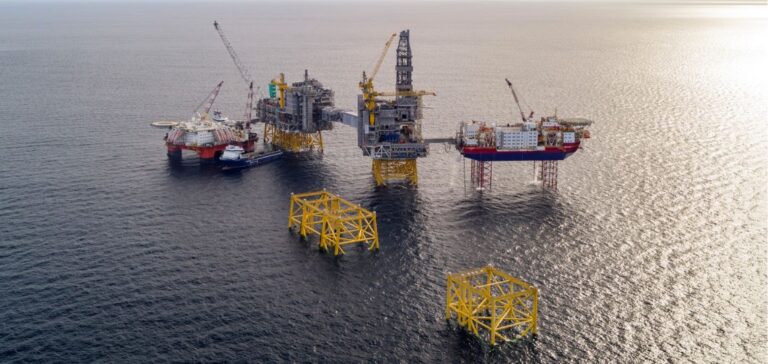Norway, now Europe’s largest supplier of natural gas, will not offer new oil exploration licenses in virgin or little-explored areas until 2025 under a political compromise.
In negotiations to pass its 2023 budget proposal, the center-left minority government agreed to a request from the Socialist Left (SV), a small, backbone party that has made climate urgency one of its key issues.
The compromise is that there will be no so-called “regular” concession round by the end of the current term, 2025.
Since 1965, this mechanism has allowed oil companies to apply for exploration in areas of the Norwegian continental shelf that were previously little or not explored.
As the North Sea has been extensively prospected, the measure now mainly concerns the waters of the Barents Sea in the Arctic, which is likely to contain the largest hydrocarbon reserves yet to be discovered in the country.
“SV had this at heart, they got their way,” said Prime Minister Jonas Gahr Støre at a press conference.
However, the agreement does not exclude the award of oil licenses in so-called mature areas.
Although the chances of discovering large deposits are slimmer, these areas, which are already largely exploited, remain attractive to the oil industry because it is easier and less expensive to develop new potential resources from existing facilities.
There was no regular round of concessions this year either, due to another compromise reached last year between the government and the socialist left in the previous budget negotiations.






















